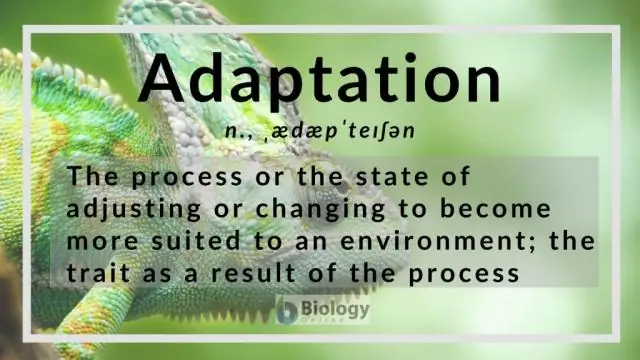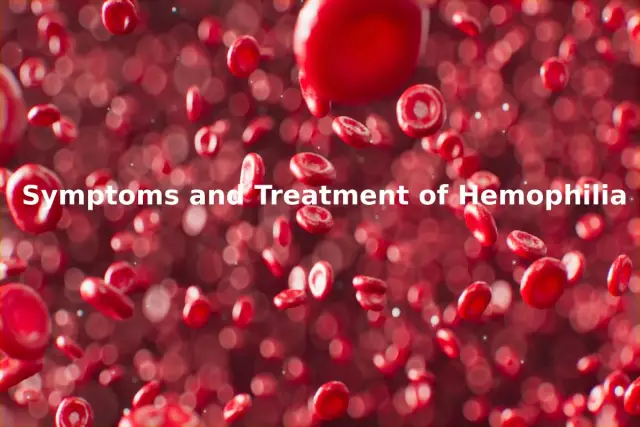- Author Rachel Wainwright wainwright@abchealthonline.com.
- Public 2023-12-15 07:39.
- Last modified 2025-11-02 20:14.
Hemophilia
Hemophilia (haemophilia; Greek haima - blood + Greek philia - addiction) is a hereditary disease transmitted by a recessive sex-linked type caused by a deficiency of plasma factors VIII or IX of blood coagulation; characterized by symptoms of increased bleeding.
Types of hemophilia:
- hemophilia A - caused by deficiency of factor VIII blood coagulation;
- hemophilia B (synonym: Christmas disease) - caused by a deficiency of plasma factor IX of blood coagulation;
- inhibitory hemophilia - caused by the appearance of anticoagulants in the blood, which inhibit the activity of factors VIII or IX of blood coagulation;
- cofactor hemophilia - caused by the absence of cofactors (activators) of factors VIII or IX of blood coagulation; the presence of this hemophilia has not been conclusively proven;
- vascular hemophilia (angiohemophilia) - characterized by a sharp increase in bleeding time and a decrease in the content or activity of coagulation factor VIII;
- thrombasthenic hemophilia (synonym: thrombasthenia) manifests itself in a dysfunction of platelets, with their number in the blood unchanged, the symptoms are similar to those observed in thrombocytopenic purpura.
Found a mistake in the text? Select it and press Ctrl + Enter.






